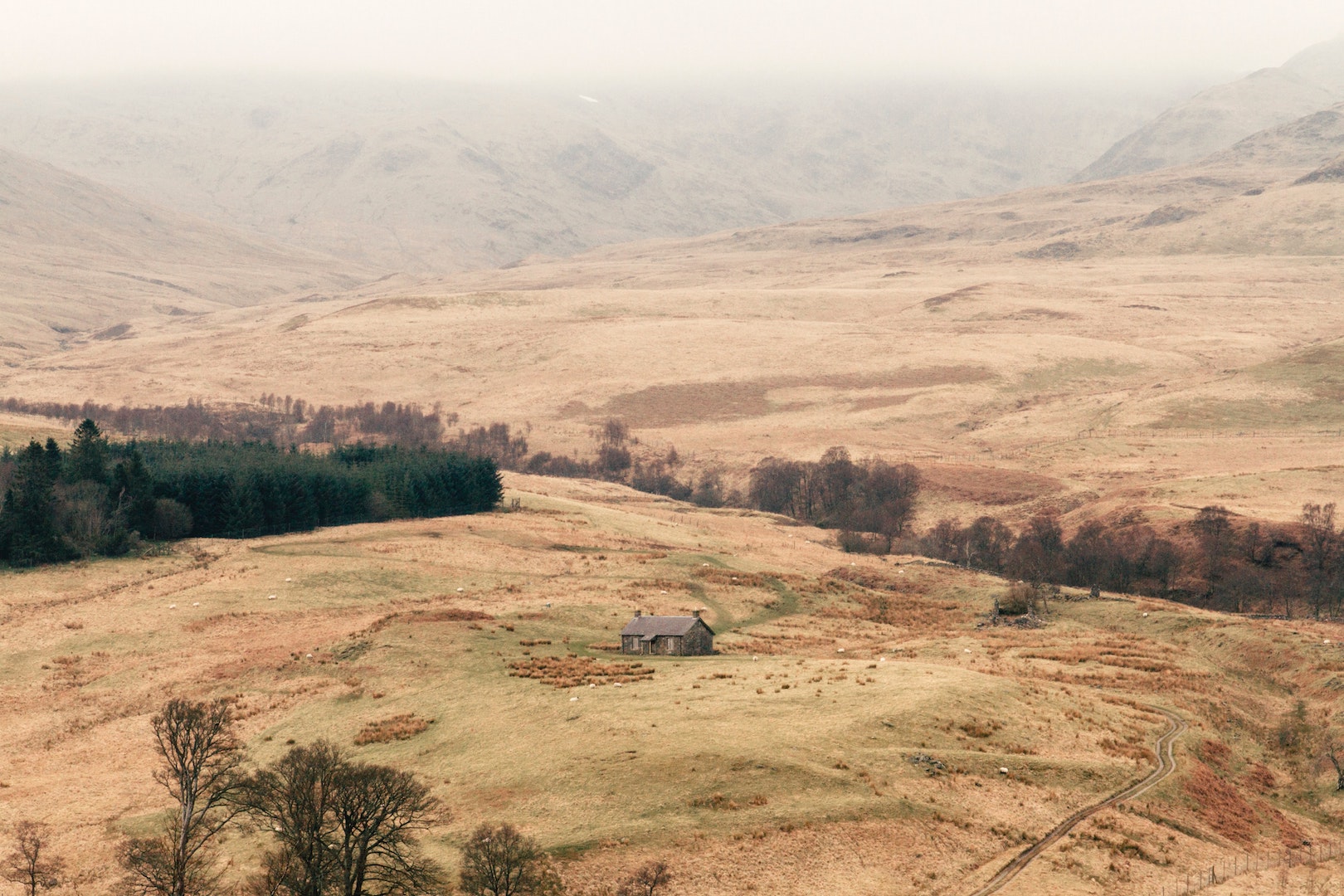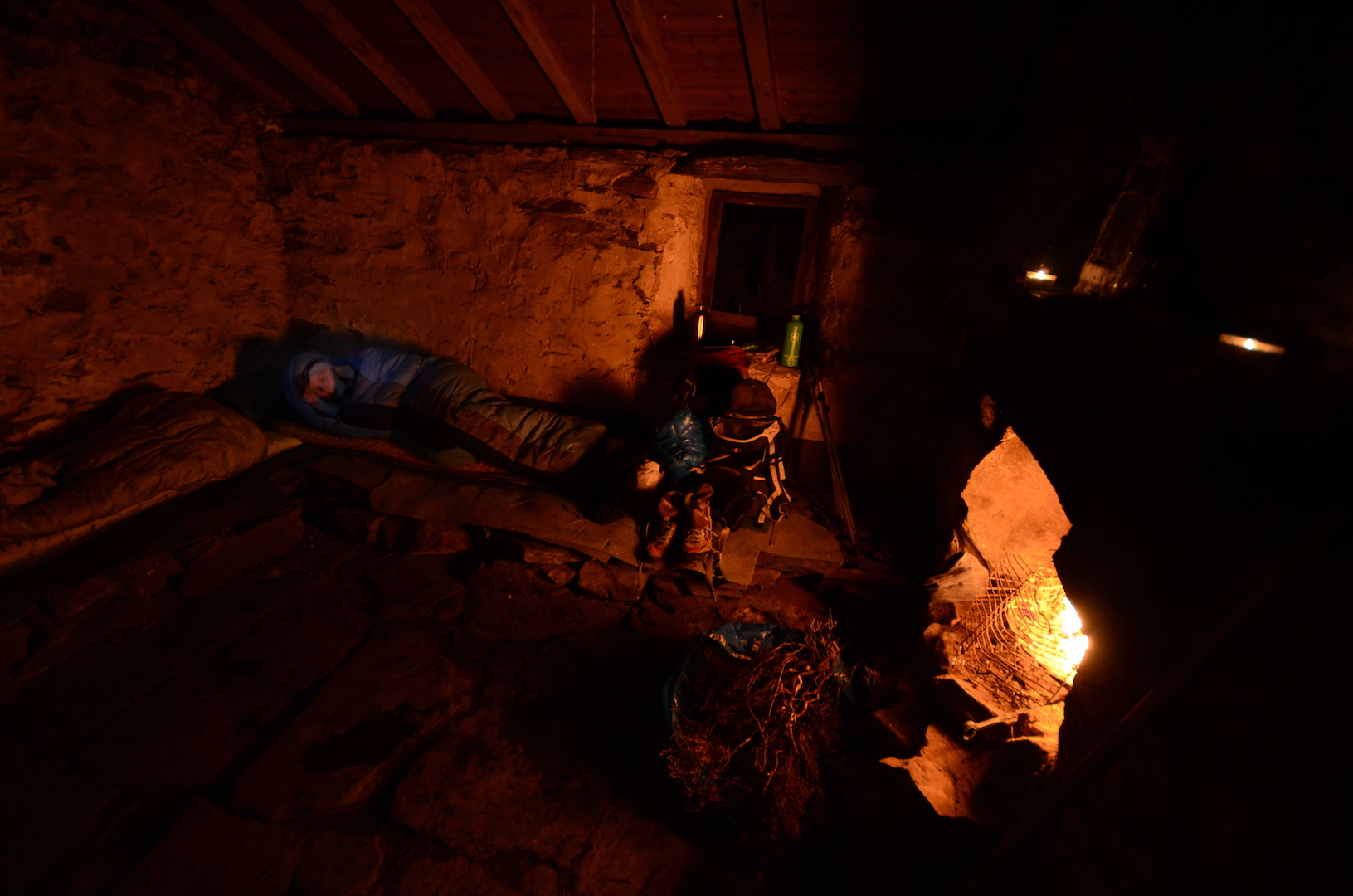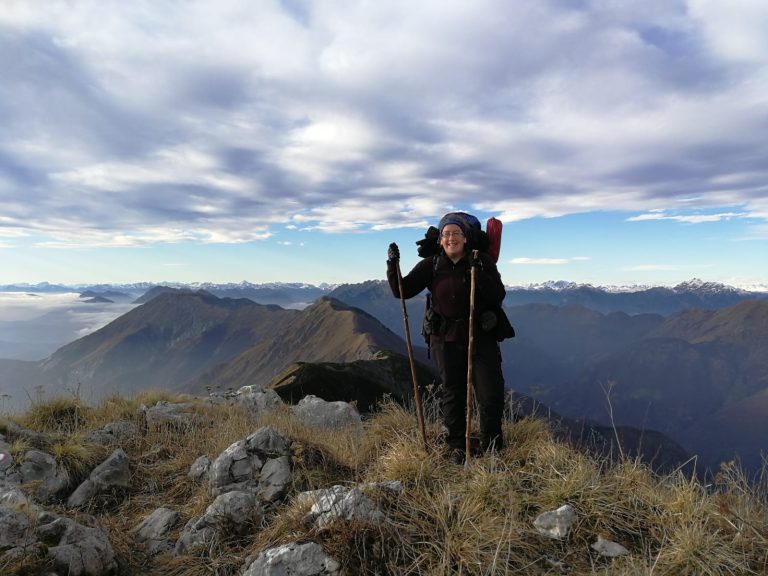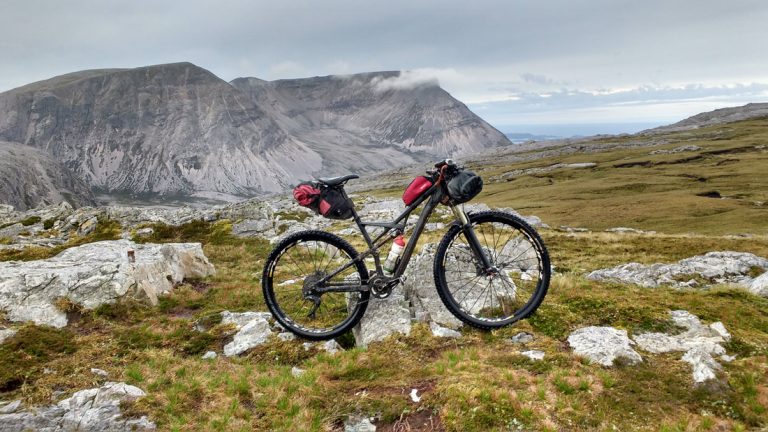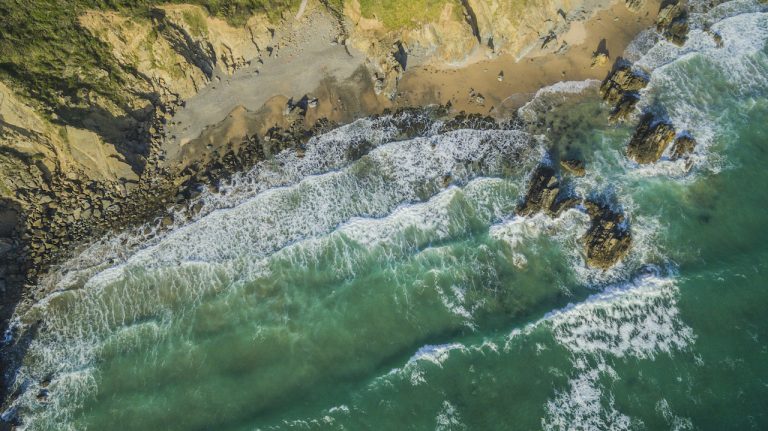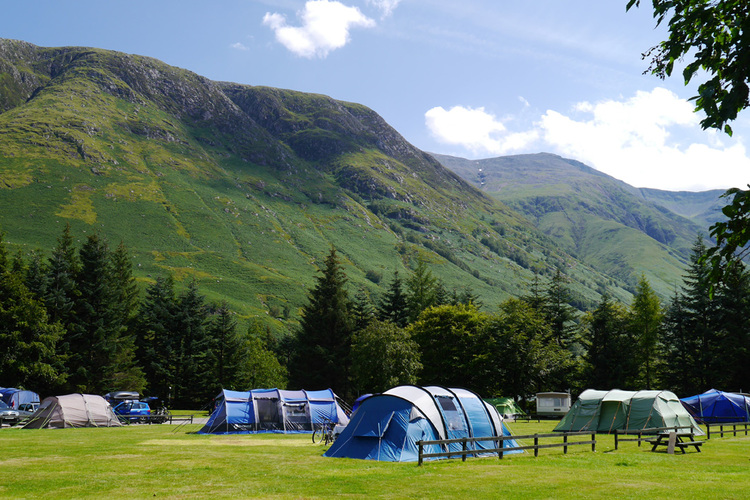The wind is blowing fast – at least 40 kilometres per hour – nearing gale force levels. Hail falls hard, tapping on my hood as though I’m being pelted with a relentless shower of tiny ball bearings. And the river I must cross to reach a bothy, my sanctuary from the elements, is in spate.
As an outdoor lover there are a great many hazards I willingly take on when headed into the wilderness. From battling torrential storms, to negotiating boulder fields, fording rivers, tackling a crux on a scramble, or mastering a tricky navigational challenge.
Yet as I stand and look at the mountain shelter I’m headed to, a small part of me – one that until now I’ve tried not to admit to myself – knows that no matter what I overcome to make it there, once inside the four walls, not all the potential hazards will be left at the door. And the reason? Because I am a woman.
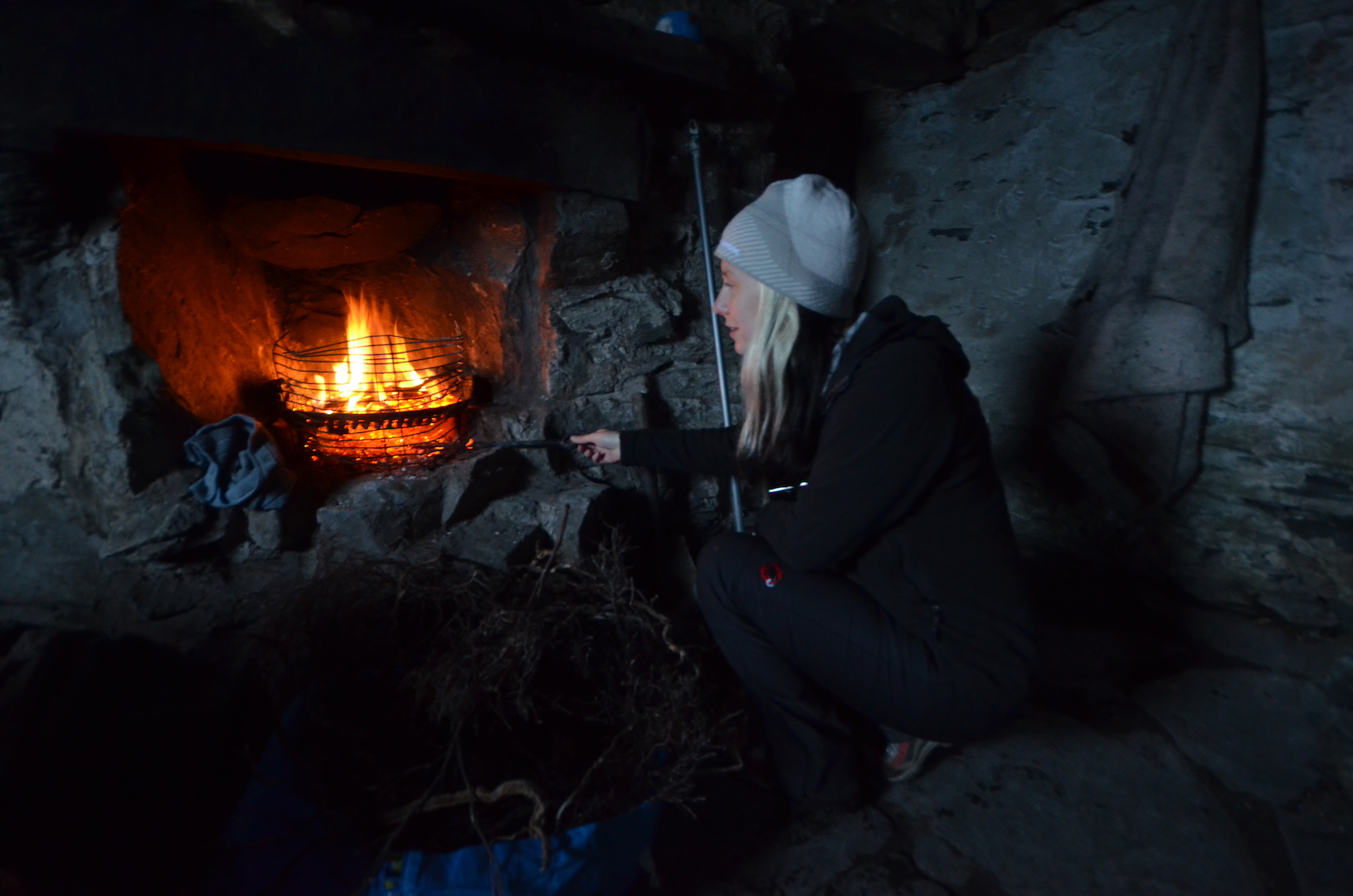
I know what some of you are thinking. “Please – can we keep gender politics away from the outdoors?”. I know you are thinking it, because I’ve thought exactly the same. For years I’ve said the outdoors is the ultimate leveller. That it is a completely neutral playing field. That the rocks don’t judge us, that rain – and indeed hail – falls the same on all of us. That’s why when I was asked to write this, at first I hesitated.
Then I thought hard about my experience as a woman who spends a lot of time, solo, outside. Over the years I’ve consistently said that I don’t think of myself as a woman who loves adventure, just an adventurous person who happens to be a woman. And this is true. Never do I summit a mountain and congratulate myself for doing something for ‘womankind’ or believe that what I’ve done is any more of an achievement than it is for my male counterparts.
“There have been plenty of times where I’ve endured casual remarks about how I must have been lucky to find the place…”
When home in the city where I live I do all the things women are taught from a young age when walking about at night – keep my phone to hand to call for help, constantly check my surroundings in case I’m being followed, even clutch my keys between my fingers should I need to protect myself. I had believed that when I head to the hills, and more specifically to spend the night in a bothy, I left this learned behaviour behind. But it turns out I don’t.
When I arrive at a bothy in a storm (or rarer yet, in sunshine) I can’t simply switch off, safe in the knowledge that all potential dangers have been overcome. I have to consider who will be inside already and how many of them? Who might arrive later? Will I be safe sleeping in their company? I scope the building out automatically, without thinking, for escape routes and, on entering, I work out where to place my sleeping bag, usually a spot from where I can see the entire room and where I won’t be boxed in by late arrivals. I place items of kit between me and others as a buffer, I think about what kit I would need to grab if I need to make a sudden exit or defend myself.
Don’t get me wrong, I am not entering these buildings with excessive paranoia, convinced there are men lurking in the shadows out to get me. In fact this whole thought process happens in less than a few seconds – I don’t even register I’m doing it.
In all the time I’ve slept in bothies there has only been one occasion where instinct told me to leave. A man in there was slinging about chauvinistic language and getting way too close to me for comfort. I stayed calm, didn’t react, and casually slipped away by saying I needed to get water. But there are plenty of other times when I’ve endured casual remarks about how I must have been lucky to find the place (did you know that we women can’t navigate?), I’ve been warned that I should be careful about partaking in the age-old tradition of sharing whisky with fellow bothy users (apparently if I was to raped I would ‘only have myself to blame’) and I’ve even endured a man who thought it appropriate to walk up to me and squeeze my bicep to see ‘how strong you are, for a girl’.

